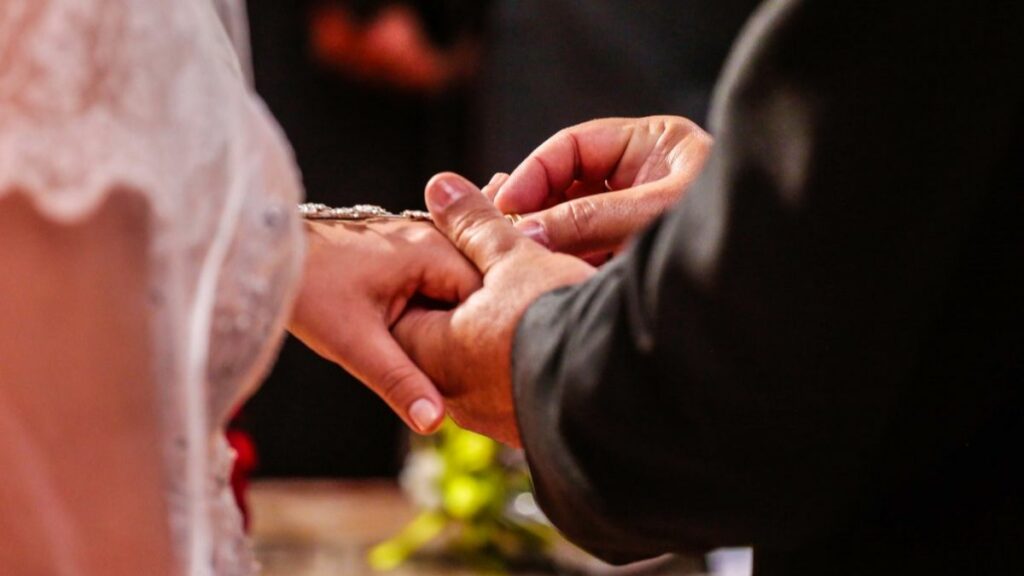New proposals are being considered in many countries around the world to strengthen the unity and stability of families in a context where the devastation of divorce on parents and children seems to be the norm. In Hungary, this is the 16th time the country has celebrated these days, and its involvement is total. So much so that even the President of the Hungarian people, Katalin Novák, along with her husband, sponsored an entire week with the slogan “Cling to Love.”
To mark this celebration, the Maria Kopp Institute for Demography and the Family in Budapest presented a survey showing encouraging data for Hungary that can serve as a model for the entire continent. Out of a sample of 1,000 people surveyed, 97 percent stated their belief that marriage is something they work on “every day,” and 83 percent considered the importance of sharing a similar worldview for the successful development of marriage. The data demonstrate the government’s willingness to promote marriage and the traditional family and represent a model to aspire to: while six out of ten Hungarians believe that children complement marriage and that marriage increases happiness between spouses, 73 percent believe that marriage also provides emotional security for men and women.
“Hungarians believe that the basis of a well-functioning marriage should be acceptance and respect, good communication, quality time spent together, affection, willingness to compromise, love, a sense of humor, division of labor and a set of shared values,” reads the research reported by Hungary Today. The Maria Kopp Institute for Demography and Family expressed satisfaction with the results that demonstrate the “marriage renaissance” Hungary is experiencing, although there is still work to be done. So much so that as of 2019, the figure of 64,000 marriages per year in a country of 9.7 million people has been surpassed.
By comparison, 148,000 marriages were performed in Spain in 2021, slightly more than twice as many as in Hungary, but with one notable difference: Hungary has a population of less than 10 million, one-fifth of Spain’s nearly 50 million. Hungary represents the largest increase in the number of marriages in Europe in recent years, having grown by more than 80 percent since 2010.
Hungary’s strength lies not only in the great increase in the number of marriages, but also in their stability. Thus, nearly 75 percent of children born in Hungary have married parents, whereas ten years ago the figure was close to 50 percent. This figure is almost opposite that of Portugal, where for every 100 marriages 70 couples divorce. They are followed by Denmark with 68.5 percent, Luxembourg with 67.5 percent, the Czech Republic with 64.1 percent and Spain with 61.8 percent, according to 2018 data. According to the minister, thanks to policies implemented by the Conservative government, marriage breakdowns are on the reverse trend and “the number of divorces is at a 60-year low.” In recent days, partly to expand the group of ‘Presidents Friends of the Family,’ a Hungarian initiative that brings together presidents from various countries around the world who are committed to promoting the natural family based on marriage, President Katalin Novak, while visiting Lisbon, invited Portuguese President Marcelo Rebelo de Sousa to join this exclusive group of serious and concrete engagement. Hungary has been working on reversing the depopulation trend for about 10 years. In the future, Portuguese and Hungarian experts will be able to share their experiences, President Novak said, adding that she will invite the Portuguese president to the Network of Pro-Family Presidents and the Demography Summit to be held in Budapest in September.
